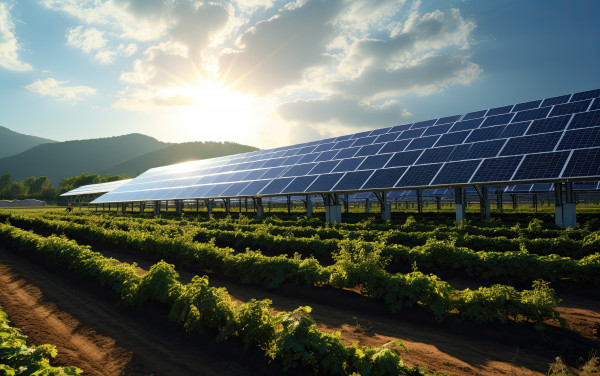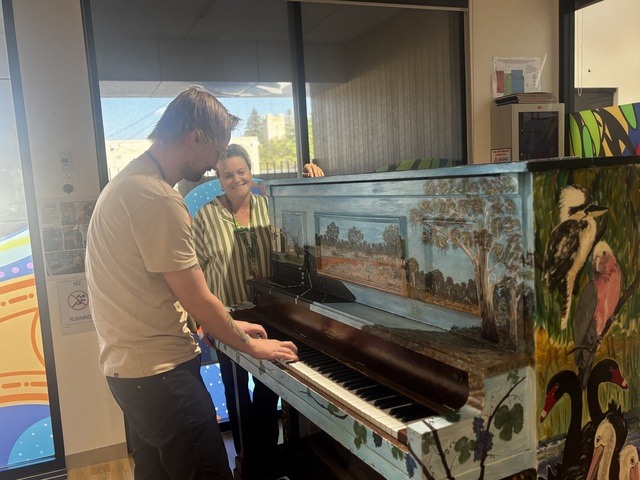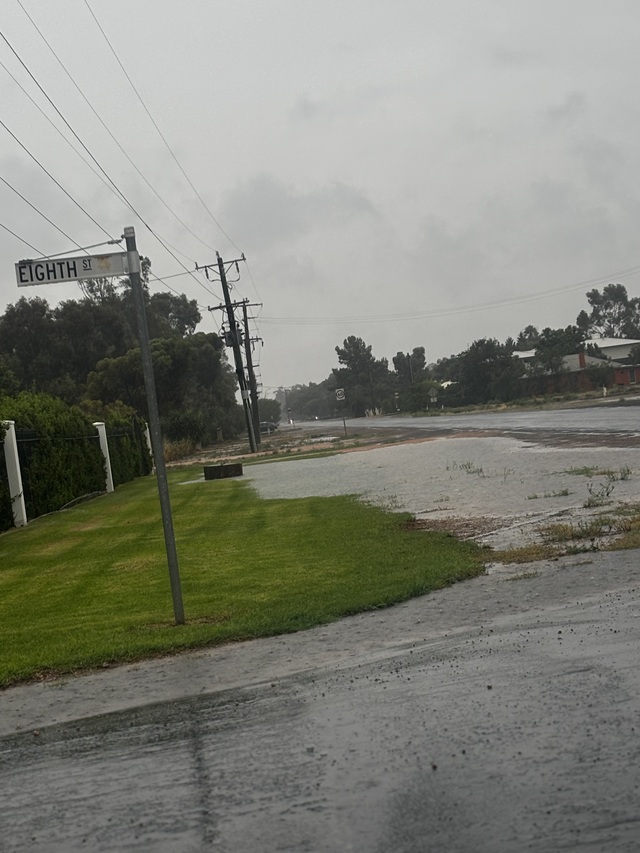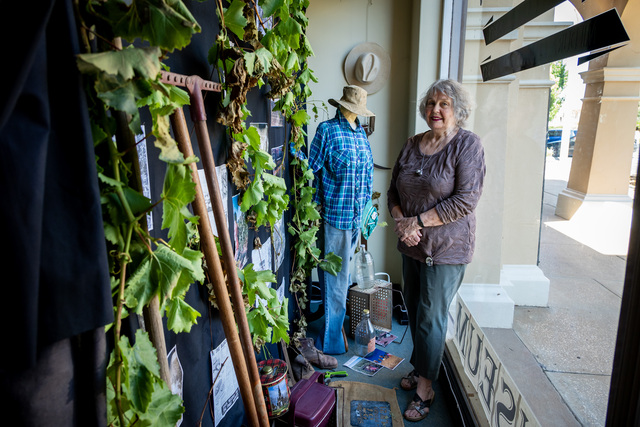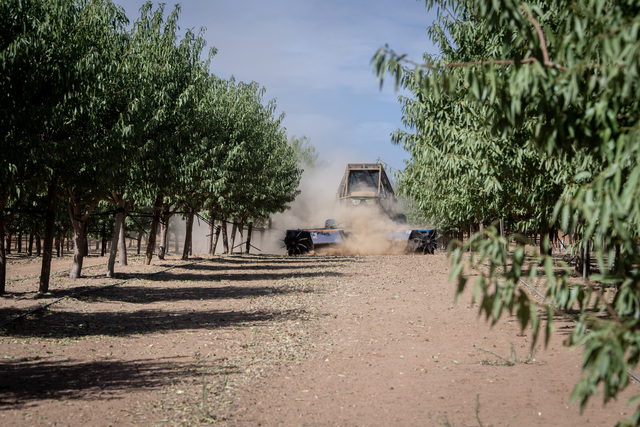RENEWABLE energy projects demanded by inner-city elites threaten their way of life and livelihoods – and communities in the Mallee and the Riverland are no different, according to the Institute of Public Affairs.
An IPA team this week visited Mildura, Robinvale, Swan Hill, Kerang, Renmark, and Berri to listen to the communities expected to shoulder the greatest burden to meet “unrealistic” renewable energy demands.
IPA deputy executive director Daniel Wild said the EnergyConnect and VNI West transmission line projects would
impact the ability of local farmers to produce world-leading food and fibre.
“These projects will mean construction disruptions, environmental impacts, farming limitations, and the erosion of property rights, not to mention the billions of dollars in costs to taxpayers, and a less secure energy grid,” Mr Wild said.
“It’s one thing to live in the inner-city and demand expensive and unreliable renewable energy, it is entirely another to live in the regional areas which have to suffer from constant threats to property, and the destruction of prime agricultural land to meet these demands,” he said.
The IPA’s corporate donors have included oil and mining companies.
The IPA’s research tour of the Mallee and Riverland followed a series that has included Victoria’s Central Highlands, South West Western Australia, Dubbo and the Central Tablelands, New England and the Upper Hunter in New South Wales, along with tours of the Darling Downs, Maranoa, and northern Queensland, all of which are other key net zero impact zones.
“The political class and inner-city elites who demand policies such as net zero are never the ones who are most impacted by them,” Mr Wild said.
“It is working Australians in the outer-suburbs and rural and regional areas that get left with the bill and left behind,” he said.
“Australia relies on our regions to put food on our tables and keep the lights on, and yet, a typical worker in regional Australia is over three times more likely to have their job put at risk by net zero than a typical worker in the inner cities.
“Our regions are being held back by short-sighted policies which risk closing critical industries and ending well-paid, full-time jobs.”

